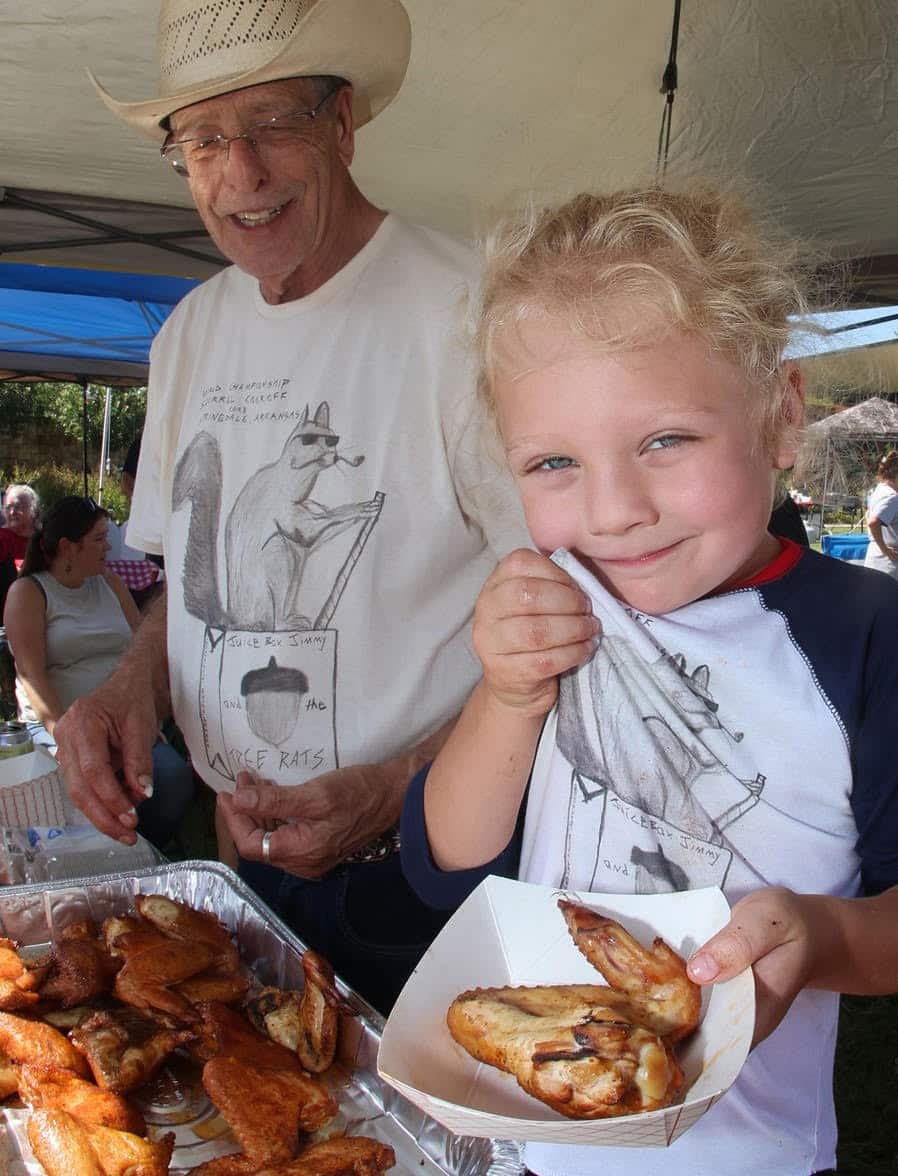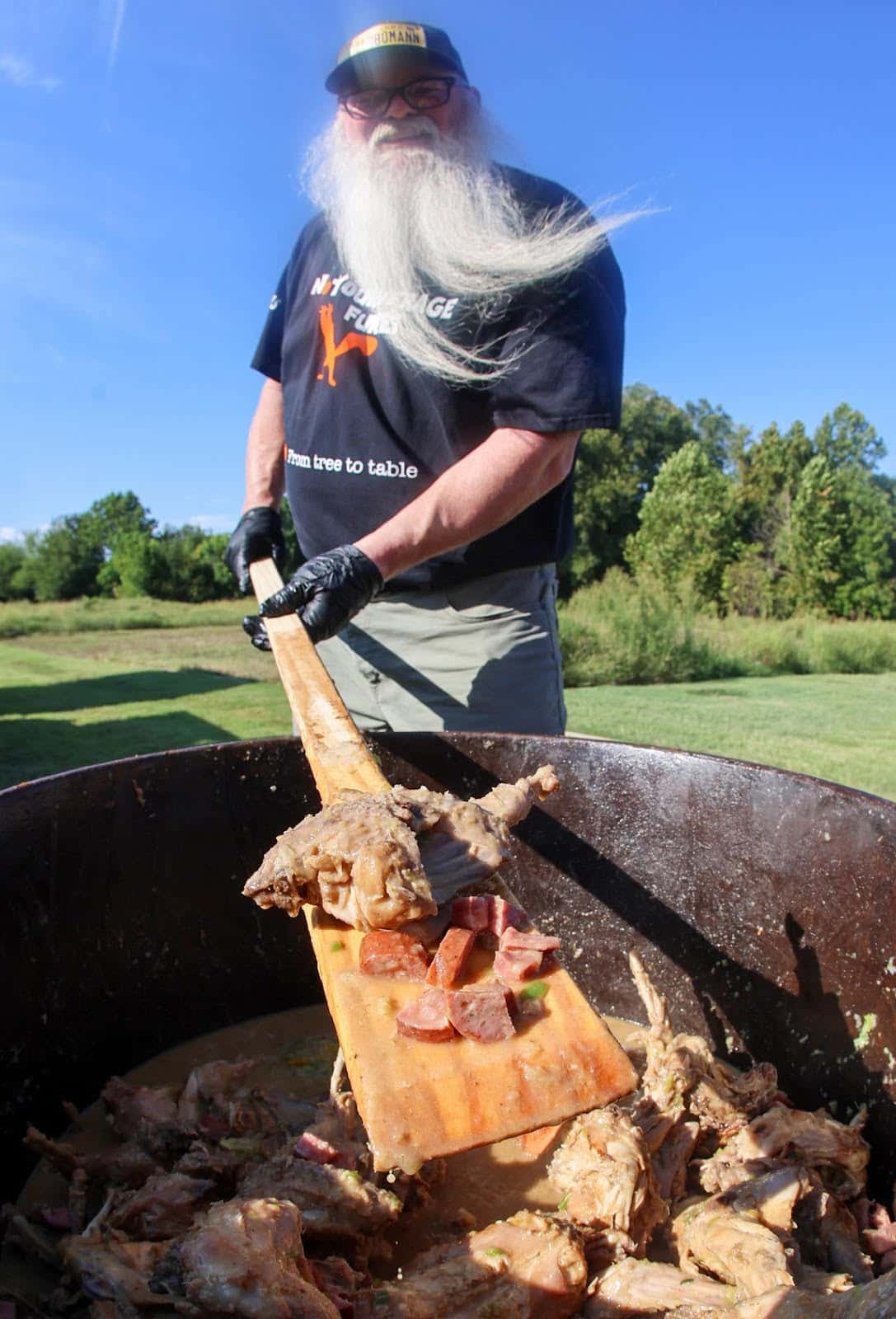Traxson was born in Rogers and graduated from Rogers High School in 1999. He attended Northwest Arkansas Community College before enrolling at the University of Arkansas where he earned a bachelor’s degree in criminal justice.
He served as a police officer for his hometown and, after a year in that role, enlisted in the Marine Corps Reserve.
Traxson is from a family with a history of military service, including his dad who was drafted during the Vietnam War, and was inspired to help in the War on Terror.
“It was a time when I felt like I wanted to do more. There was a lot going on in the Middle East,” he said. “I just felt like I was in a place in my life from the physical fitness standpoint and maturity level where I thought I could go in and help with the effort.”
Traxson was encouraged to join the Marines by some of his law enforcement colleagues who were veterans of the branch. He wanted to serve on the frontlines and was convinced the Marine infantry division was the quickest path to combat. He also appreciated its proud tradition.
He was 24 years old when he attended bootcamp, “I was definitely the old man, they kinda came to me for that fatherly guidance even though I wasn’t a father. And it was the same in infantry school as well.”
In 2006 he learned his unit was attaching to another from Detroit as part of a large battalion build up that would eventually be deployed to Fallujah, Iraq.
Traxson arrived in Fallujah two years after the battles of 2004 and said the locals were just beginning to return to the city. However, there was severe property damage and a lot of hostility.
“In the first two weeks we were there it was extremely quiet and then after that two-week period things started popping off. We were getting enemy contact almost every day. And I had to ask, ‘Why was it so quiet those first two weeks?’ and they informed me that they were watching us,” Traxson recalled. “They knew we were a new unit.”
Traxson said he had to be ready to go at a moment’s notice, so after long days out on a mission, the marines had to have their gear and vehicles prepared for the next time they would be called upon. His assignment was to ride in the turret of the Humvee operating the machine gun and watching the roadway for improvised explosive devices (IEDs).
He’d only been in Iraq four weeks when he was injured by an IED.
“I wasn’t even supposed to go out that day,” he said. He was given the option to sit out for 48 hours because his team had rolled over an explosive device on its last mission. However, he was cleared to participate and decided to join.
He doesn’t remember a lot about the explosion but recalled the doors of the vehicle blew off. “I had taken off running because I was on fire,” he said.
The marines in his Humvee were loaded onto a truck and taken to the hospital. Three weeks later he woke up at Brooke Army Medical Center in San Antonio.
He had third-degree burns on 56 percent of his body. In the two years of recovery, he had more than 70 surgeries.
His mother, a nurse, quit her job in Arkansas to help take care of him and advocate on his behalf while he was in recovery. “She wanted to make sure I had somebody to speak for me,” he said.
During his recovery, he received letters from his fellow marines updating him on friends in his unit. “Obviously, [we’d] suffered casualties and they would let me know about who those were,” he said. “Some of them I was close to so it was hard not being able to go to their funerals.”
Traxson received a Purple Heart for his sacrifice. “No one wants to get a Purple Heart, but I’m happy to accept it.”
He was discharged in 2009 and worked part-time at a local store as he continued his healing while also serving as a security guard at Northwest Arkansas Community College for eight years. He graduated from business school in 2013 and today works at the Benton County Veterans Service Office where he helps veterans in getting the benefits and services they’ve earned. “My experience makes it a lot easier for them to talk to me.”
He has been honored to talk to students about his journey and encourages them to be optimistic in addition to aspiring to a lifetime of public service whether in the military or other civic engagement.
“Some of the best people I ever met were people in uniform,” he said. “They came from all over the country. They were all different colors, religions and that’s the thing I like about the military is that when you go in there, we all wear the same uniform. We’re not anything else but the uniform we wear. I learned a lot from the people I served with. They made me better.”
“Chris Traxson honorably served his country and has made a great sacrifice. His perseverance and determination are an inspiration to us all. I’m proud to capture and preserve his memories of his service for the benefit of future generations,” Boozman said.
Boozman submitted Traxson’s entire interview to the Veterans History Project, an initiative of the Library of Congress’s American Folklife Center to collect and retain the oral histories of our nation’s veterans.
Do you know a veteran interested in sharing their memories for the ‘Salute to Veterans’ series? Nominate an Arkansas veteran to share their story by calling Boozman’s Fort Smith office at 479-573-0189.
























